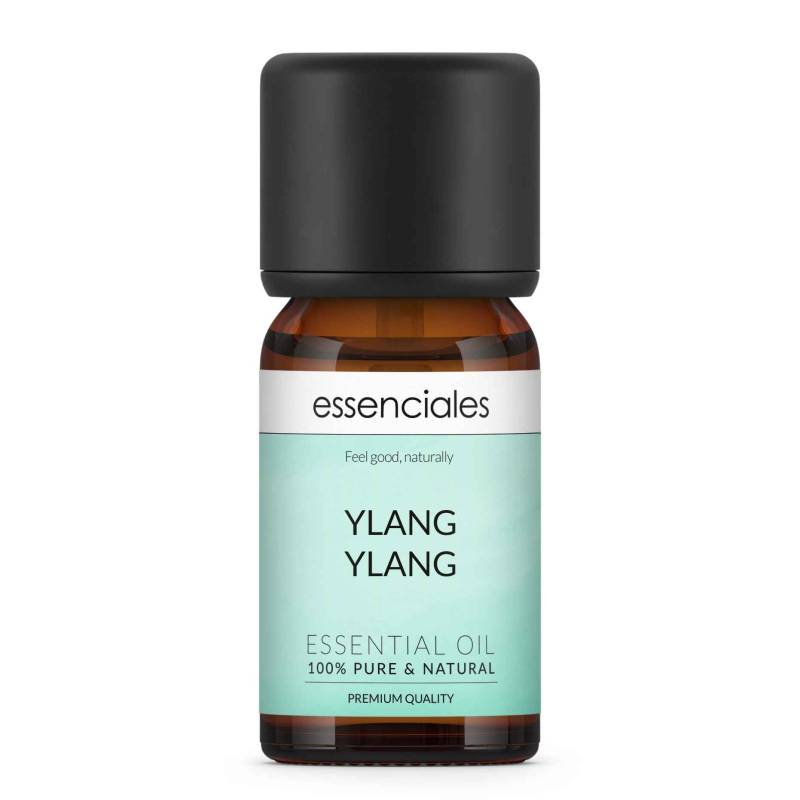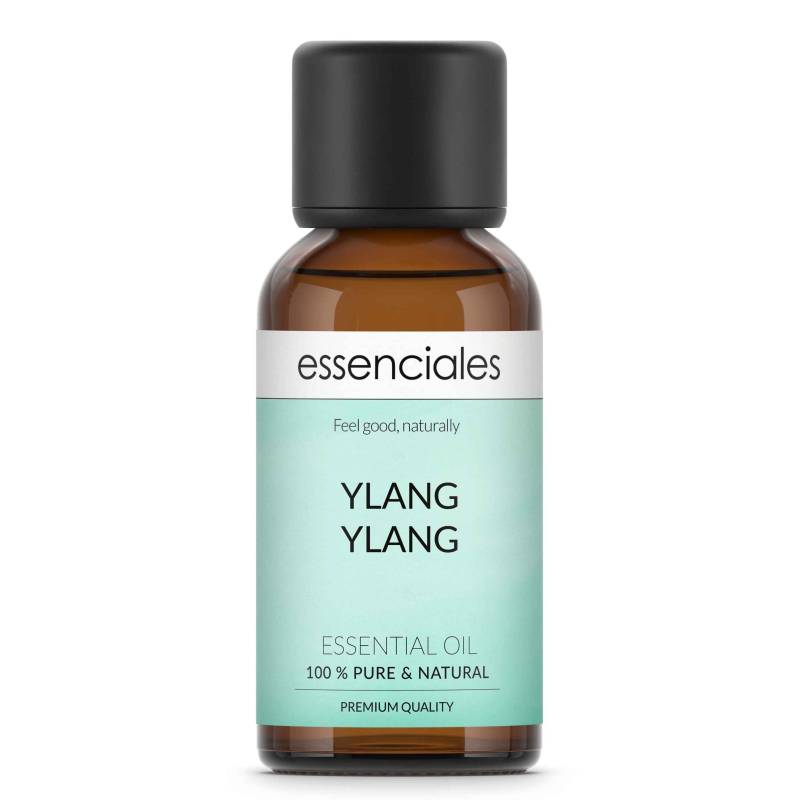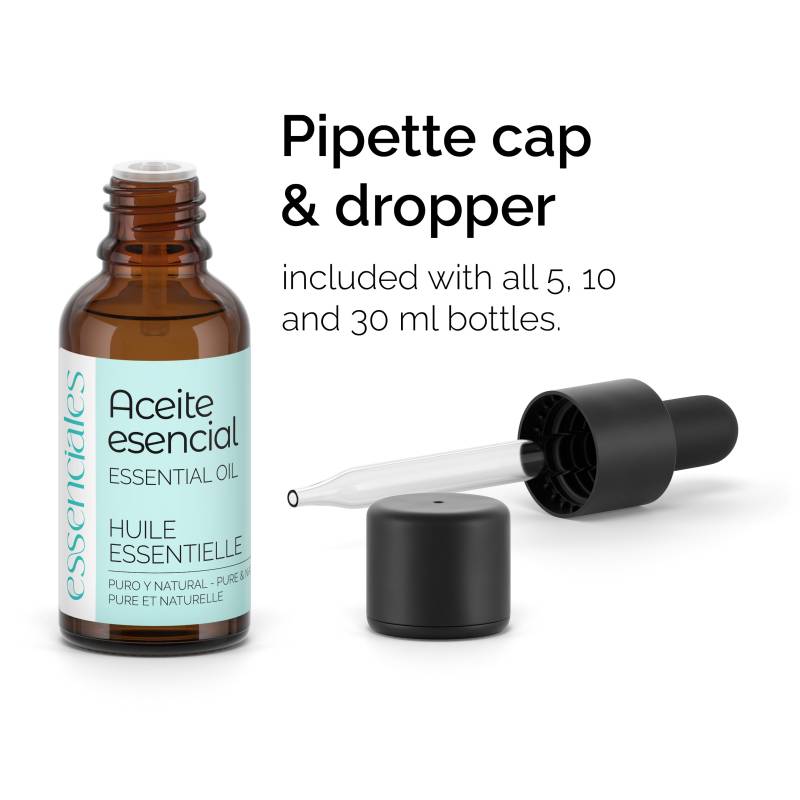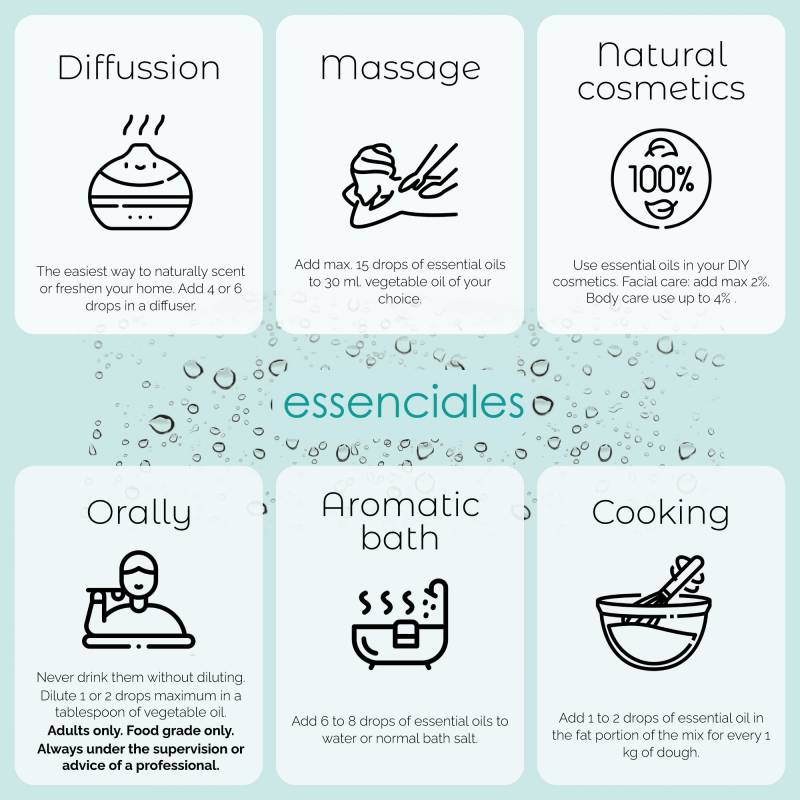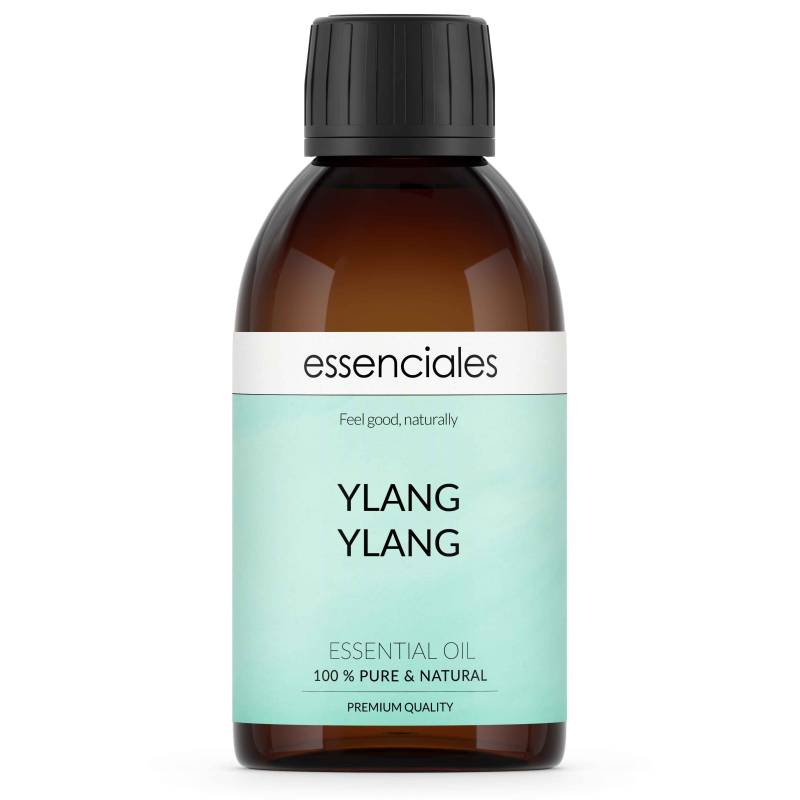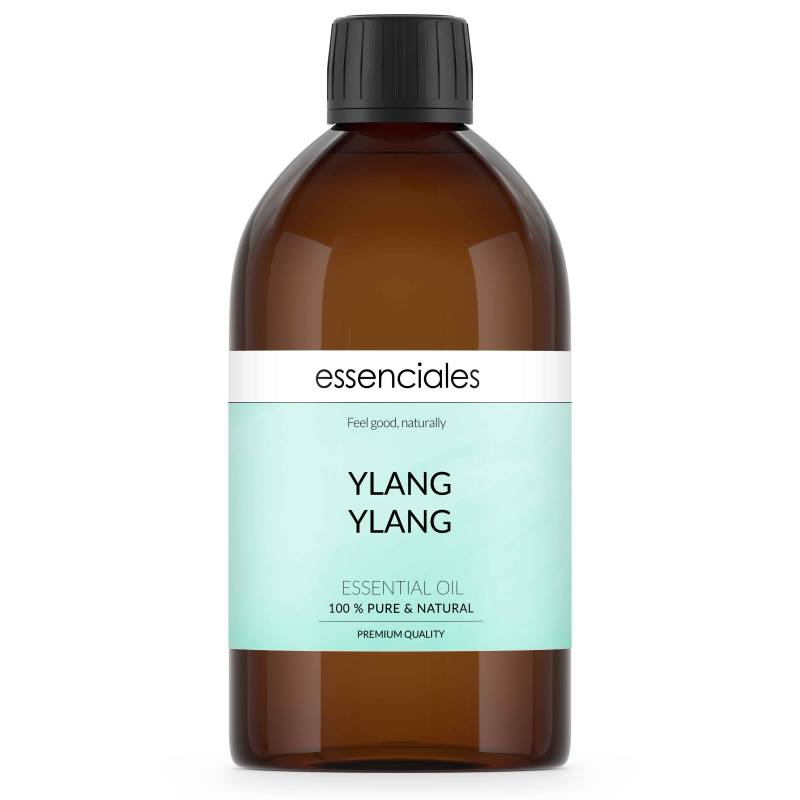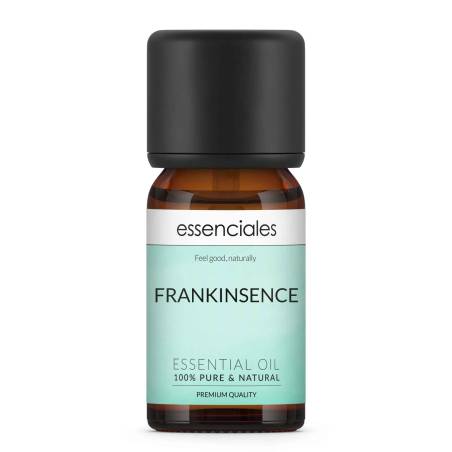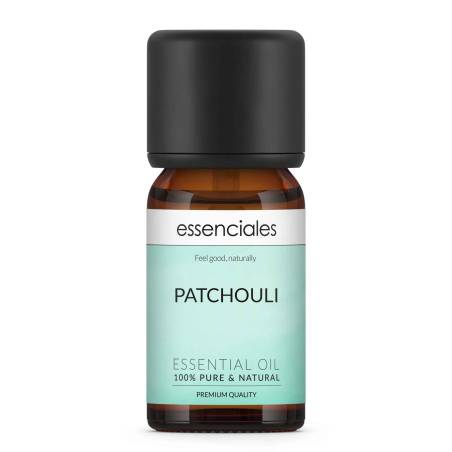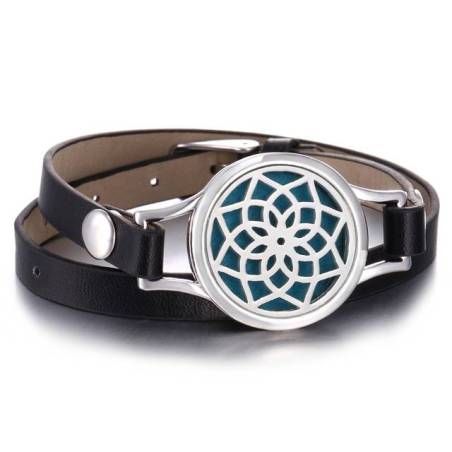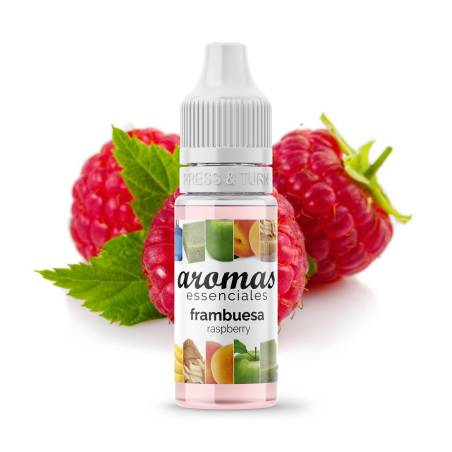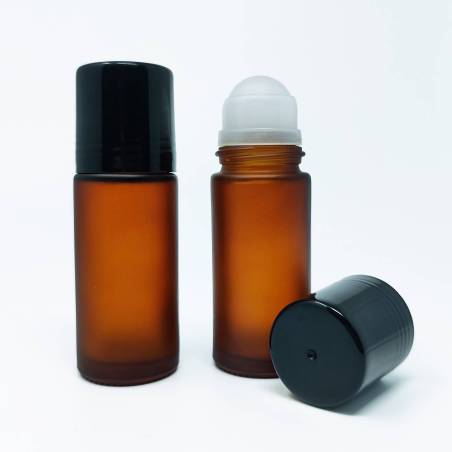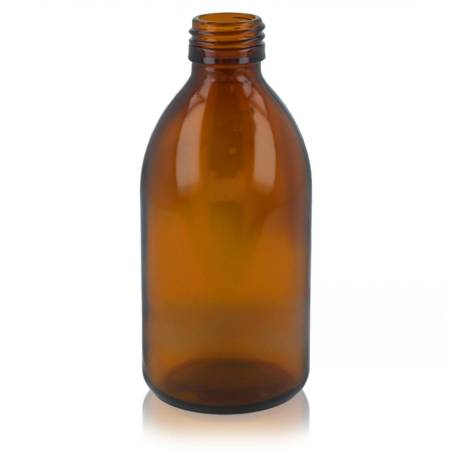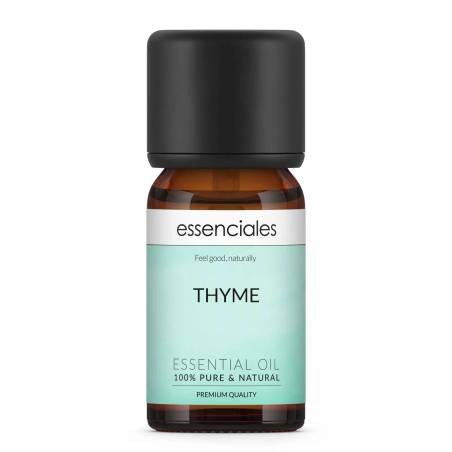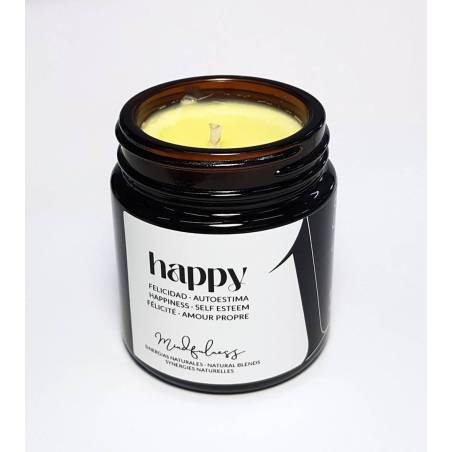Natural Ylang Ylang Essential Oil - Cananga Odorata
Ylang Ylang essential oil (Cananga odorata) is an exotic wonder in the world of aromatherapy and natural cosmetics. Its unmistakable fragrance is sweet, floral, and deeply enveloping, with notes evoking the delicacy of tropical flowers. This oil, extracted from the flowers of the Ylang Ylang tree, has a sensual and intoxicating aroma, used for centuries in beauty rituals and relaxation, and is one of the key ingredients in iconic perfumes.
Its name in Tagalog means "flower of flowers," and it's no coincidence, as Ylang Ylang stands out for its balancing properties, both emotionally and physically. In aromatherapy, it's known for its ability to calm the nervous system, combat stress, and promote a sense of peace and joy.
Aromatic Profile
Ylang Ylang essential oil has an intense floral aroma with sweet and exotic undertones that provide a sense of sensuality and joy. It is associated with luxury, femininity, and well-being. Its captivating fragrance requires only a small amount to scent a room or cosmetic product, making it an indispensable ingredient in the art of perfumery.
Therapeutic Properties and Benefits
Ylang Ylang essential oil is a powerful natural resource with multiple properties:
- Antidepressant: Helps to elevate the mood and reduce stress.
- Balancing: Regulates sebum production in the skin and scalp.
- Aphrodisiac: Fosters a romantic and sensual environment.
- Sedative: Promotes calm and restful sleep.
- Hypotensive: Helps reduce high blood pressure.
Cosmetic Recipes with Ylang Ylang
1. Balancing Facial Serum
Ylang Ylang is perfect for combination or oily skin, as it helps balance sebum production, leaving the skin hydrated and luminous without a greasy feel.
- Ingredients:
- 30 ml jojoba oil
- 4 drops Ylang Ylang essential oil
- 2 drops lavender essential oil
- 2 drops geranium essential oil
- Instructions: Mix all ingredients well in a dark glass bottle. Apply 3-4 drops of serum to clean skin at night, gently massaging until absorbed.
2. Hydrating Hair Mask
This oil is ideal for treating dry or damaged hair, helping to hydrate, soften, and restore natural shine.
- Ingredients:
- 2 tablespoons coconut oil
- 3 drops Ylang Ylang essential oil
- 2 drops rosemary essential oil
- Instructions: Mix the oils and apply to dry hair, focusing on the ends. Leave on for 30 minutes and then wash with your regular shampoo.
3. Aromatic Body Cream
Ylang Ylang is not only ideal for the skin, but its intoxicating aroma will leave you perfumed all day long.
- Ingredients:
- 100 ml unscented natural base cream
- 5 drops Ylang Ylang essential oil
- 3 drops sweet orange essential oil
- Instructions: Mix the essential oils with the base cream. Apply all over the body after bathing for soft, hydrated, and deliciously perfumed skin.
Popular Uses
1. Romantic Atmosphere
Ylang Ylang essential oil is known for its ability to create a romantic and sensual atmosphere. Adding it to a diffuser can completely transform the ambiance of a room.
- Recipe: Add 3 drops of Ylang Ylang, 2 drops of bergamot, and 2 drops of incense to your diffuser for a romantic evening.
2. Relaxing and Aromatic Bath
Ylang Ylang is perfect for a relaxing bath after a stressful day. Its calming properties help to relax both the body and mind.
- Recipe: Add 4 drops of Ylang Ylang and 3 drops of lavender to a bathtub with warm water. Enjoy 20 minutes of pure relaxation.
3. Natural Perfume
The intoxicating aroma of Ylang Ylang makes it a perfect choice for a natural perfume.
- Recipe: Mix 10 ml of jojoba oil with 3 drops of Ylang Ylang, 2 drops of vanilla, and 2 drops of sandalwood in a roll-on bottle. Apply to wrists and behind the ears for a sensual and natural touch.
Natural Remedies with Ylang Ylang
1. Anxiety Control
Ylang Ylang is a potent natural antidepressant and anxiolytic, perfect for calming the mind during moments of anxiety.
- Recipe: Place 2 drops of Ylang Ylang essential oil on a handkerchief or personal inhaler. Inhale deeply when feeling nervous or stressed.
2. High Blood Pressure Remedy
Ylang Ylang has hypotensive properties, making it useful for people with mild hypertension.
- Recipe: Mix 3 drops of Ylang Ylang with 1 tablespoon of almond oil and gently massage the chest and soles of the feet. This helps to relax and may contribute to lowering blood pressure.
3. Menstrual Pain Relief
Ylang Ylang is excellent for relieving menstrual pain due to its antispasmodic and relaxing properties.
- Recipe: Mix 5 drops of Ylang Ylang with 1 tablespoon of coconut oil. Gently massage the abdomen in circular motions to alleviate menstrual cramps.
Ylang Ylang essential oil is a must-have for personal care and aromatherapy, with powerful effects on both emotional and physical well-being. Its exotic and sensual aroma makes it a star ingredient in natural perfumes and beauty treatments. Its balancing properties make it ideal for skin and hair care, while its calming effects on the nervous system make it essential for combating stress, anxiety, and improving overall well-being. With Ylang Ylang, every drop is a step towards relaxation, balance, and natural luxury.
Properties of Ylang Ylang Essential Oil
Antiseptic: Helps the body defend against infections.
Antispasmodic: Helps with involuntary body movements.
Calming and Sedative: Helps with stress-related disorders.
Circulatory Stimulant: Increases red blood cell production.
Analgesic: Relieves pain.
Aphrodisiac: Stimulates sensuality and sexuality.
Antiarrhythmic: Helps prevent unwanted changes in heart rhythm.
Practical Uses and Applications of Ylang Ylang Essential Oil
Ylang Ylang essential oil has traditionally been used to assist with the following:
Circulatory, muscular, and joint systems: High blood pressure, rapid breathing, palpitations, and tachycardia.
Nervous system: Low or very low mood, lack of sexual appetite, nervous tension, anxiety, and stress.
Tegumentary system: Protects skin against acne, oily skin, hair growth and lightening, and insect bites.
Ylang Ylang Essential Oil Recipes
IN MASSAGE
- Aphrodisiac Blend (for men and women): Use a blend of 3-4 drops of Ylang Ylang essential oil, 1 drop of cinnamon bark, and 1 drop of patchouli diluted in a large tablespoon of apricot oil, applied to the back.
IN DIFFUSION
- To relax mind and body: Add 3 drops to a diffuser along with 2 drops of lemon, 2 of lavender, and 2 of Atlas cedar.
- To empower femininity: Add 2 drops of Ylang Ylang, 2 of geranium, and 2 of clary sage to the diffuser.
- To induce deep sleep: Add 3 drops of Ylang Ylang, 3 of lavender, 2 of vetiver, and 2 of cypress to the diffuser.
Ylang Ylang Essential Oil Pairs Well With:
- Lavender
- Atlas Cedar
- Sage
- Lemon
- Cypress
- Cinnamon
- Patchouli
- Roman Chamomile
- Macadamia
- Apricot
Recommended Dilutions for Ylang Ylang Essential Oil
Maximum recommended generic topical dilution for adults: 2%
Maximum recommended generic topical dilution for children: 0.1%
Avoid use in children under 12 years of age.
Essential oils are highly concentrated substances and should be diluted in most uses. Use our dilution chart for a more detailed idea of the proper use of essential oils:
ESSENTIAL OILS DILUTION GENERAL GUIDE
Expert Aromatologist Notes
|
"Ylang Ylang is a suggestive, sweet, sensual, and exotic essential oil. Intense at first, with a medium/base note that lingers over time, it produces a sedative and relaxing effect, helping to alleviate the effects of mental and emotional stress, paving the way for sensuality and emotional release."
Luís Rodero, Aromatherapy Expert
|
Identification
Botanical Name: Cananga Odorata, Annonaceae
Origin: Madagascar
Extraction Method: Steam distillation
Distilled or Extracted Part: Flowers
INCI: Cananga Odorata Flower Oil
Safety
Avoid use during pregnancy or breastfeeding.
Keep out of reach of children.
Some natural components of this essential oil may pose an allergy risk for some people. Always perform a tolerance test before applying any preparations by placing a few drops inside the elbow.
Topical Use: Suitable
Diffuser: Suitable
Phototoxicity: No
Sensitizing: Yes
Irritant: No
Natural allergens present in this essential oil:
- Limonene
- Benzyl Benzoate
- Benzyl Salicylate
- Benzyl Alcohol
- Citral
- Geraniol
- Farnesol
- Eugenol
Storage of Essential Oils
It is equally important to know how to store essential oils to ensure they remain in good condition and do not become toxic or irritating due to oxidation or contamination. We recommend reading this small guide:
Storage of Essential Oils
Important
The information on oils offered by Essenciales comes from popular sources and is intended for educational purposes only, not to diagnose, treat, cure, or prevent any disease. The International Federation of Aromatherapists does not recommend the ingestion or internal consumption of essential oils except under the strict supervision of a physician or qualified doctor in aromatherapy and clinical phytotherapy. It is always recommended to dilute essential oils properly. If you are pregnant, suffer from epilepsy, liver failure, or have a health condition, use essential oils only under medical supervision. Never use essential oils on children without the appropriate knowledge or guidance from a professional.
Never ignore professional medical advice.
Essenciales does not provide medical advice nor engages in the practice of medicine.

